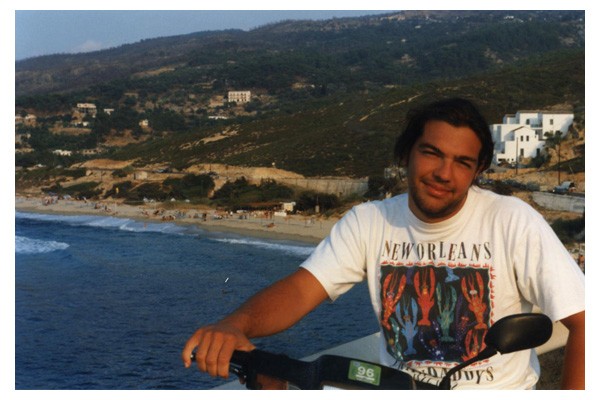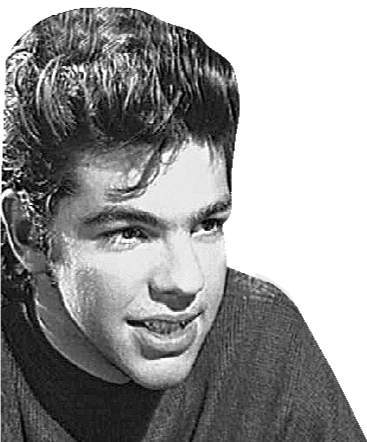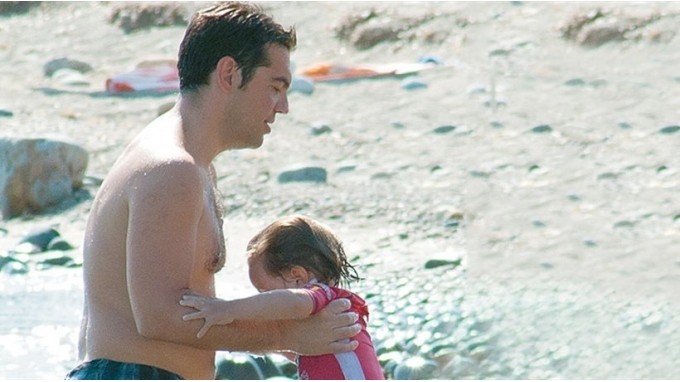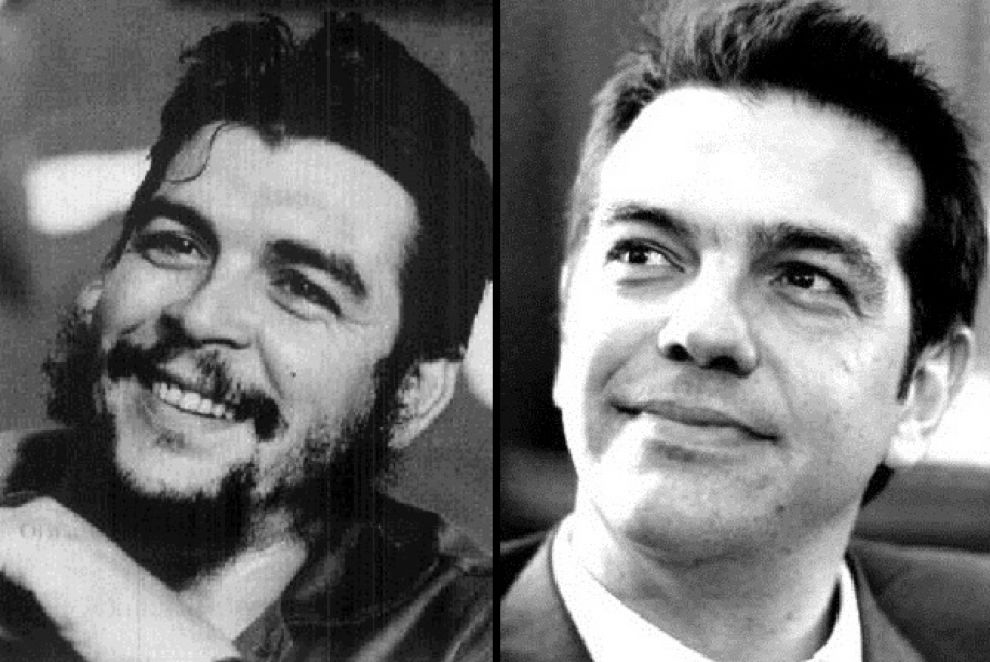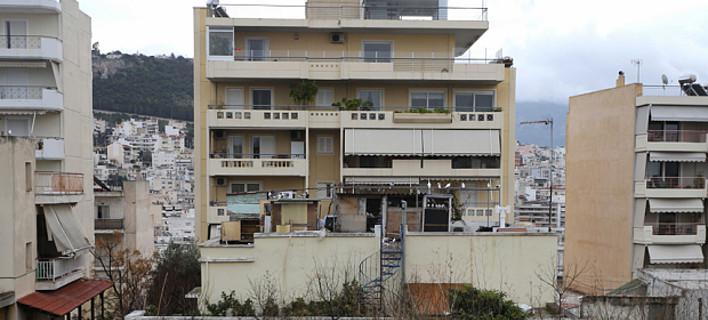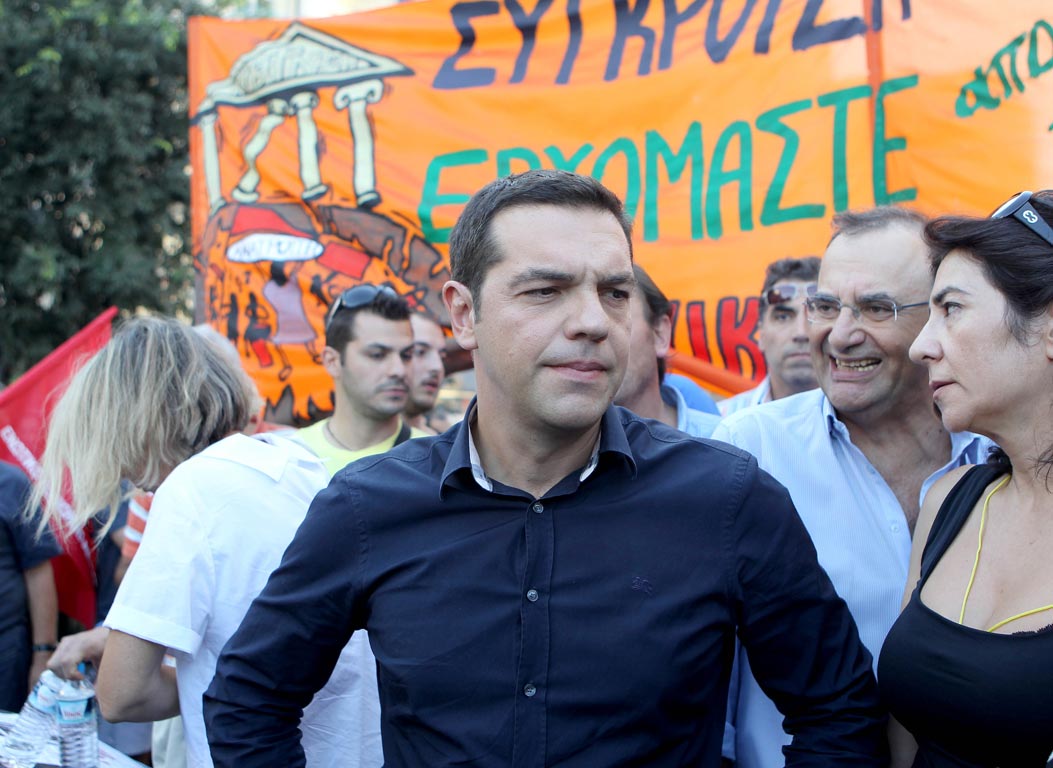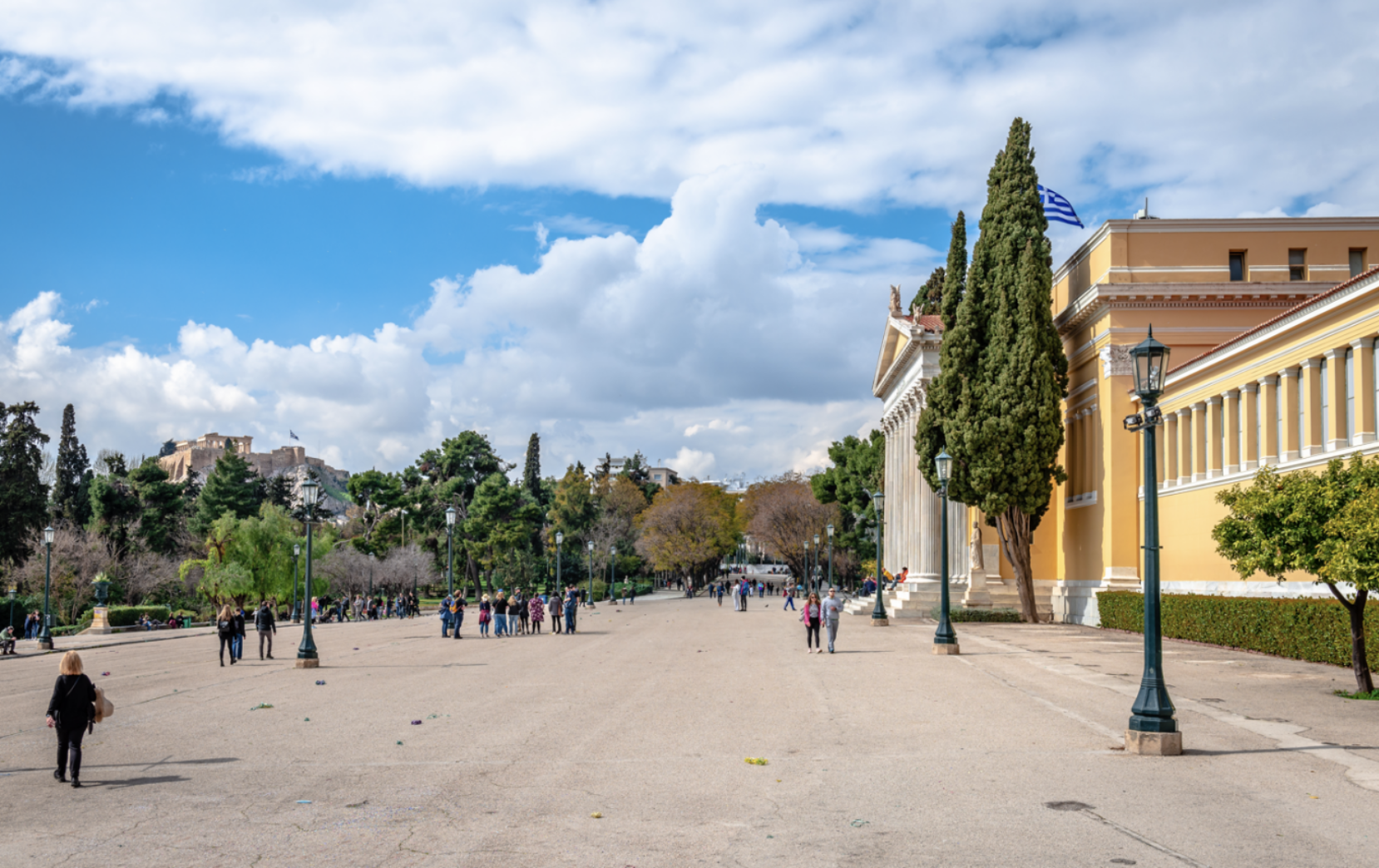It is fitting that the man who put an end to socialist PASOK and conservative New Democracy rule for 40 years was born just a few days before the fall of the Greek military Junta that had triggered the start of these two party’s dominance. Born on July 28, 1974, the charismatic leader is a Leo, a star sign that points to leadership qualities such as generosity and power. According to the 12-year Chinese zodiac he is born in the year of the Tiger.
His youth
He is of humble origin with a father from Epirus and Eleftheroupoli, both in northern Greece. He went to a state school and was an active student member when he attended Ampelokipoi Branch High School. Interviewed by TV presenter Anna Panagiotarea, he was accused of being disingenuous in defending middle and high school students’ right to absenteeism without parental notification when he battled against a controversial law imposed by the education minister Vasilis Kontogiannopoulos.
He has climbed the ranks of the left-wing movement. He was on the executive board of the students’ union of the Civil Engineering School of the National Technical University of Athens and was also a student representative on the University Senate. Despite the very clear radical, left-wing profile that he has maintained as Leader of the left Synaspismos (Coalition), he was a centrist during his period of leadership in Neolaia Synaspismos (Left Coalition Youth) following the Communist Party’s departure from Synaspismos. He managed quite efficiently to maintain a strong adherence to the policy of the party, effectively outvoicing political deviants to the left and the right. As Secretary of Synaspismos Youth, he took an active part in the process of creating the Greek Social Forum and attended all of the international protests and marches against neoliberal globalism.
He was elected Leader of Synaspismos during the 5th Congress on 10 February 2008, after the previous leader Alekos Alavanos decided not to stand due to personal reasons.
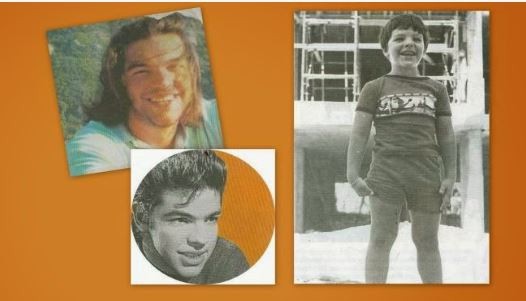
His personal life
Unlike other politicians he has shared very little of his personal life with the public. His partner is Peristera (Betty) Batziaka, a low-key electrical and computer engineer who met young Alexis when they were still at Ampelokipoi Branch High School. They were both members of the Communist Youth of Greece with lofty ideals of making the world a more equitable place. Ms. Batziaka has been described by the Greek media as “strong-willed, militant and dynamic” but publicity shy.
The couple’s leftist views explain why they chose to name their second son Ernesto as a tribute to Che Guevara. Mr. Tsipras and his partner have two sons but he rarely photographs himself with his family. The photo below was shot in the summer of 2012 at Rodakino, Crete, where Mr. Tsipras chose to spend his vacations at a frugal middle-class hotel rather than a luxury resort.
Mr. Tsipras and his high school sweetheart have been together for 20 years, but if Mr. Tsipras is elected as the country’s Prime Minister on Sunday, he will be the first unmarried Greek Prime Minister – a big change for a socially conservative country.
His neighborhood
The way Mr. Tsipras lives with his family could offer clues as to his popularity. He lives with his partner and two children in a beige-colored block of flats in the modest, working-class district of Kyspeli, Athens, at 4a Harmony Street. His seven-storey apartment block overlooks an empty lot full of rubbish and two abandoned cottages.
The walls of the streets where he lives are covered with graffiti scrawled with politically-tinged messages. The Acropolis is visible in the distant background.
His casual manner has won him the support of everyman. Now, a breath away from being Greece’s next prime minister, his neighbors wonder if he’ll move somewhere smarter or will be changed by power.
So far, he has been seen as marching and standing with the people rather than close himself in an “ivory tower”. It is this lifestyle and a willingness to be part of society that has led to a growth in his popularity over the last three years. Rubbing shoulders with ordinary people, he has witnessed first-hand the effects of austerity measures. People wonder if he’ll be able to keep promises of defiance against the troika of Greece’s creditors that would be hard to keep. They are the promises that have resonated with Greek voters.
His party – SYRIZA
The main opposition Radical Left Coalition took 36.5% of the vote, leaving behind ND with 27.7%, according to official projections.
SYRIZA was formally been launched in 2004, from the long-winded Space for Dialogue for the Unity and Common Action of the Left, which at the time was composed of various organizations on the Greek left — from different ideological and historical backgrounds but sharing common quest for leftist unity.
The parties that had originally formed SYRIZA in January 2004 were:
- Synaspismos (SYN)
- The Renewing Communist Ecological Left (AKOA)
- The International Workers Left (DEA)
- The Movement of the United in Action Left (KEDA)
- Active Citizens (a political organization associated with WW2 hero Manolis Gletzos)
- Other independent leftist groups
The Greek Communist Party (KKE) had participated in the “Space” but decided not to take part in the Coalition, which subsequently gathered 241,539 votes.
Just three years after its creation, the SYRIZA party was a big surprise in the 2007 Greek legislative election gaining an unexpected 5.04%.
On Nov. 27, 2007, SYRIZA leader Alekos Alavanos announced that for private reasons he would not renew his leadership. It was then that 33-year-old Alexis Tsipras, a municipal councilor, was elected as party president on Feb. 10, 2008.
In 2012, SYRIZA became the second largest party in Greece’s parliament and the main opposition party. It came first in the 2014 European Parliament election while polls showed that it had become the country’s most popular party in mid-2014.
Ask me anything
Explore related questions


